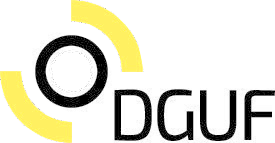Unseres? Deins? Meins? - Wem gehören archäologische Kulturgüter?
Identifiers (Article)
Identifiers (Files)
Abstract
Archaeology and archaeological heritage management usually justify their existence with the claim that they provide a service for the public that is in the public interest: the preservation and study of archaeological heritage which we claim are – or at least should be – owned by everyone, not be the property of private individuals. In this paper, I argue that rather than debating who owns archaeological heritage, we should be studying the various interests the various publics of archaeology have in archaeological heritage; interests we as yet have neither been particularly interested in or indeed cared for at all, except for – as a rule – opposing them where they do not match our own interests in archaeological heritage. I demonstrate that the currently popular archaeological claim that archaeology should be owned by everyone thus is nothing but an elaborate ruse (which is so convincing that we ourselves have fallen for it) to hide the fact that this serves first and foremost, and perhaps even exclusively, one particular interest group in society: us archaeologists. It is, as I demonstrate, nothing short of a claim for disciplinary ownership of archaeology. I argue that this claim is both incorrect from a legal perspective, and unsustainable from an ethical perspective. Even more, it is asking the wrong question: if everyone should, as we claim, ‘own’ archaeology, the crucial question is not who actually holds a legal title for any particular or all such objects, but rather how everyone can actually exert any kind of ownership rights regarding any one or all such objects. I argue that rather than requesting that ownership (in practice) is handed to us, we must develop systems that allow stakeholders (rather than ‘owners’) to participate in and influence decision making processes regarding the archaeological heritage.
Statistics







